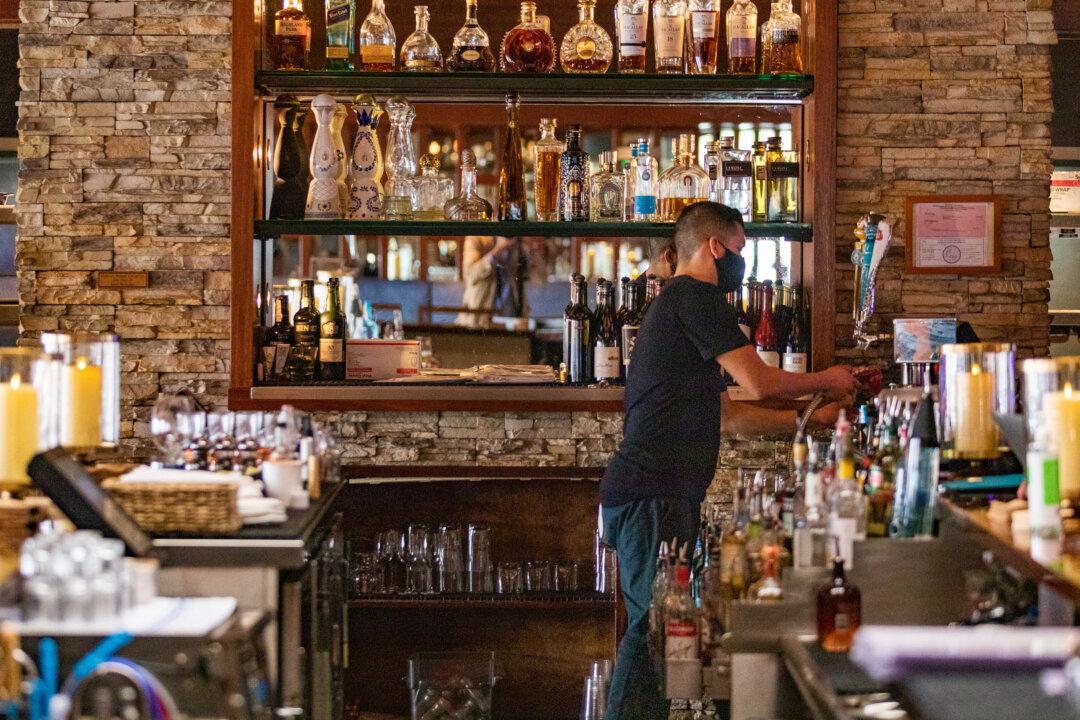Beginning this July, bars and nightclubs in California must sell kits that test drinks for “date rape” drugs, after a new law was passed last year.
“Date rape” drugs such as gamma hydroxybutyrate and ketamine are tasteless and colorless when mixed with a drink, and often used by predators to sedate and take advantage of unknowing people.





